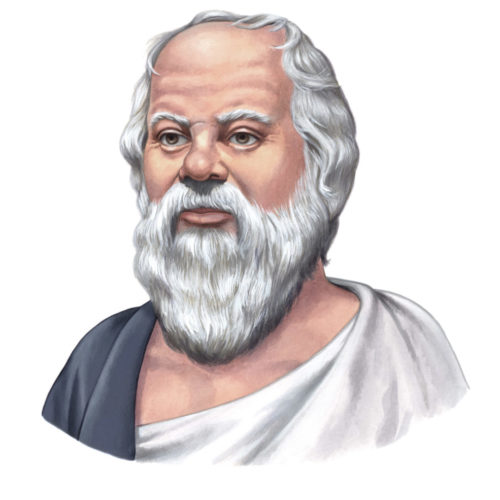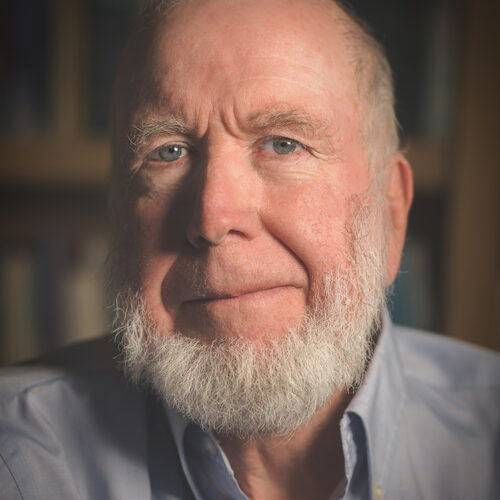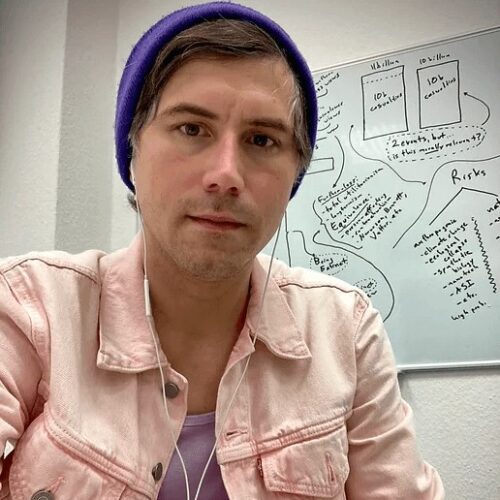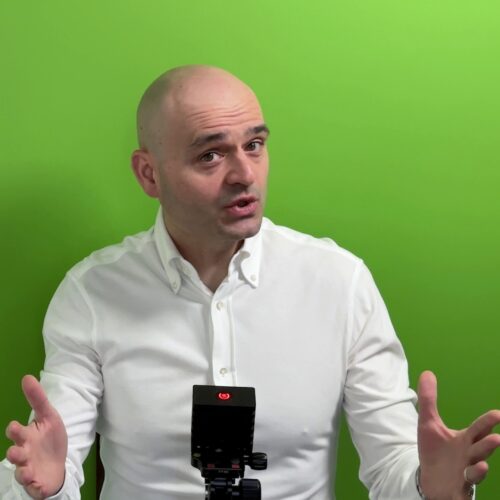Richard Stallman on Free Software: Freedom is Worth the Inconvenience
Socrates / Podcasts
Posted on: April 1, 2016 / Last Modified: November 23, 2018
Podcast: Play in new window | Download | Embed
Subscribe: RSS
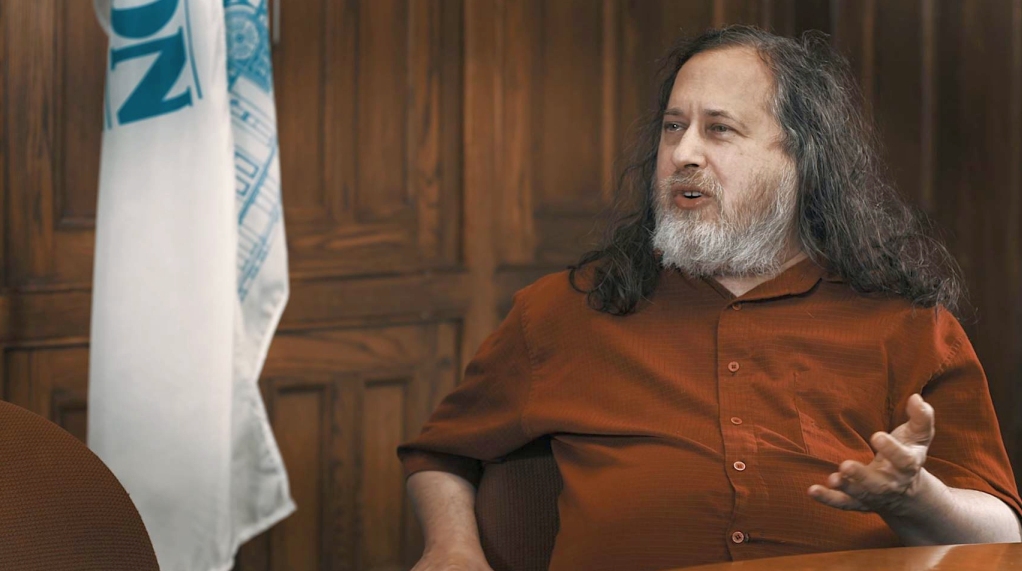 Dr. Richard Stallman is an inductee of the internet hall of fame as well as the founder of the Free Software movement. In the words of Robert Grüning “Richard Stallman is like the Socrates of software, the money making colleagues are the sophists.” Another member of my audience said that Stallman is like Tron – he fights for the users. Yet Richard himself disliked both characterizations and called them misleading. So I suggest you check out my interview with Richard Stallman, learn about the Free Software movement and judge for yourself.
Dr. Richard Stallman is an inductee of the internet hall of fame as well as the founder of the Free Software movement. In the words of Robert Grüning “Richard Stallman is like the Socrates of software, the money making colleagues are the sophists.” Another member of my audience said that Stallman is like Tron – he fights for the users. Yet Richard himself disliked both characterizations and called them misleading. So I suggest you check out my interview with Richard Stallman, learn about the Free Software movement and judge for yourself.
During our 1 hour discussion with Dr. Richard Stallman we cover a variety of interesting topics such as: the misconceptions about and definition of Free Software; why freedom is worth the inconvenience; the GNU OS and the Linux kernel; freedom, technology, innovation and ethics; free software as a political movement with elements from capitalism, socialism and anarchism; AI and the technological singularity; Moore’s Law and the Law of Accelerating Returns; hacking and transhumanism; security, privacy and surveillance; free software for mobiles…
As always you can listen to or download the audio file above or scroll down and watch the video interview in full. To show your support you can write a review on iTunes, make a direct donation or become a patron on Patreon.
Who is Richard Stallman?
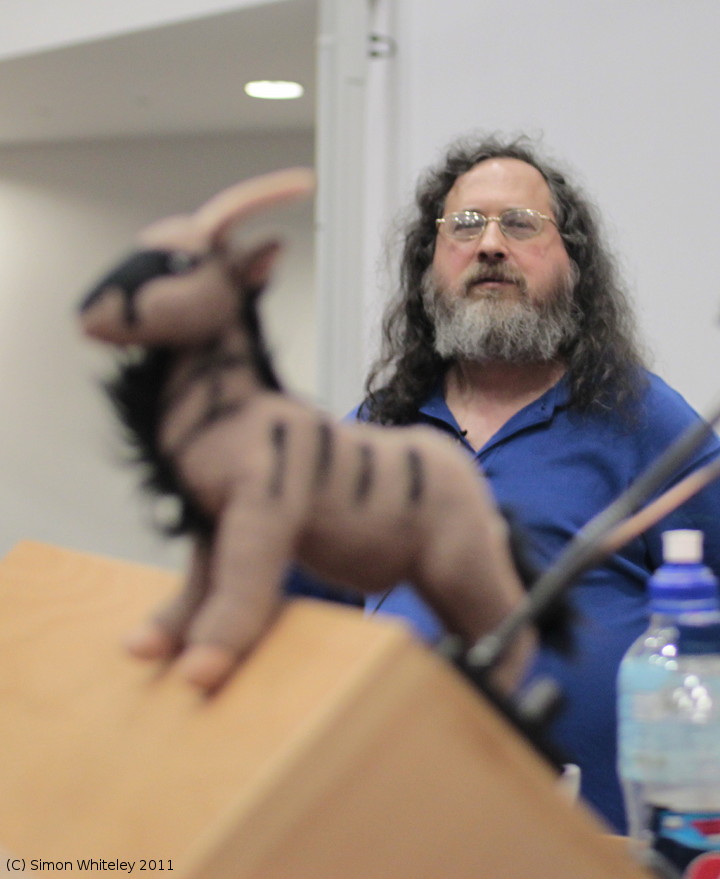 Richard Matthew Stallman is a software developer and software freedom activist. Born in 1953, he attended Harvard starting in 1970 and graduated in 1974 with a Bachelor of Arts in physics. From September 1974 to June 1975 he was a graduate student in physics at MIT.
Richard Matthew Stallman is a software developer and software freedom activist. Born in 1953, he attended Harvard starting in 1970 and graduated in 1974 with a Bachelor of Arts in physics. From September 1974 to June 1975 he was a graduate student in physics at MIT.
He worked at the Artificial Intelligence Lab at MIT from 1971 to 1984, learning operating system development by doing it, except for the year he was a graduate student. He wrote the first extensible Emacs text editor there in 1976, and developed the AI technique of dependency-directed backtracking, also known as truth maintenance.
In 1983 Stallman announced the project to develop the GNU operating system, a Unix-like operating system meant to be entirely free software, and has been the project’s leader ever since. With that announcement he also launched the Free Software Movement.
Stallman began working on this project on January 5, 1984, resigning from MIT employment in order to do so. In October 1985 he started the Free Software Foundation, of which he is president as a full-time volunteer. Stallman developed a number of widely used software components of the GNU system: the GNU Compiler Collection, the GNU symbolic debugger (gdb), GNU Emacs, and various others.
The GNU/Linux system, which is a variant of GNU that also contains the kernel Linux developed by Linus Torvalds, are used in tens or hundreds of millions of computers, and are now preinstalled in computers available in retail stores. However, the distributors of these systems often disregard the ideas of freedom which make free software important, and even include nonfree software in those systems.
That is why, since the mid-1990s, Stallman has spent most of his time in political advocacy for free software, and spreading the ethical ideas of the movement, as well as campaigning against both software patents and dangerous extension of copyright laws.
Stallman pioneered the concept of copyleft, and is the main author of the GNU General Public License, the most widely used free software license, which implements copyleft.
Stallman gives speeches frequently about free software and related topics. Common speech titles include “The GNU Operating System and the Free Software movement”, “The Dangers of Software Patents”, and “Copyright and Community in the Age of the Computer Networks”. A fourth common topic consists of explaining the changes in version 3 of the GNU General Public License, which was released in June 2007. Another topic is “A Free Digital Society”, which treats several different threats to the freedom of computer users today.
In 1999, Stallman called for development of a free on-line encyclopedia through the means of inviting the public to contribute articles.
Stallman is officially a Visiting Scientist at MIT.


